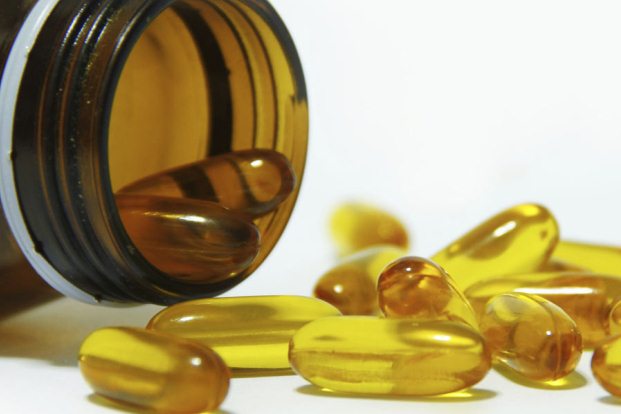How are Nutritional Deficiencies Treated?
Apr 19, 2022
A nutritional deficiency occurs when the body does not absorb or get nutrients from food in required amount. Deficiencies can lead to a variety of health related problems. These can include digestion problem, skin disorder, stunted or defective bone growth and even dementia. The usual cause of nutritional deficiency is a poor diet that lacks essential nutrients or may be due to the body’s inability to store some nutrients.
A number of diseases and conditions including colon cancer, imbalance gut flora and gastrointestinal diseases like crohn’s and celiac disease, can lead to an iron deficiency or other micronutrient deficiency.

Signs and Symptoms of Nutritional Deficiencies:
Common symptoms of nutritional deficiencies depend on the type of nutrients lacking in the body. Some common symptoms of nutritional deficiencies are – pale skin, fatigue, weakness, trouble breathing, protein energy malnutrition- which leads to edema (swelling) of faces and legs, unusual foods cravings, constipation, tingling and numbness of the joints, etc.
How to treat Nutritional Deficiencies?
The treatment for nutritional deficiencies depends on the type and it severity. Symptoms of nutritional deficiencies usually fade when the correct diet is followed or nutrient is supplemented. It can be treated with the modification in eating habits in the case of a minor deficiency such as people with anemia should include more meat eggs, poultry, green vegetables and iron rich grains in their diet.
Consult a Nutrition Specialist for Nutritional Deficiency:
If the severity of deficiency is higher, then visiting a Dietician with a chain of follow up can unexpectedly be helpful. The dietary guidelines recommend that a person gets most of the nutrients from food but in some cases, there is a need to take supplements. It may also be necessary to take an additional supplement to help the body to absorb nutrients such as taking calcium and vitamin D together. The frequency and dosages of supplements will depend on the severity of deficiency. This will be decided by the Doctor/Dietician. In very severe cases such as when a nutritional deficiency does not respond to oral medications or vitamins, it may be necessary for the nutrients to be given through parenteral feed or through the veins and muscles. It is usually done in a hospital.
Save








